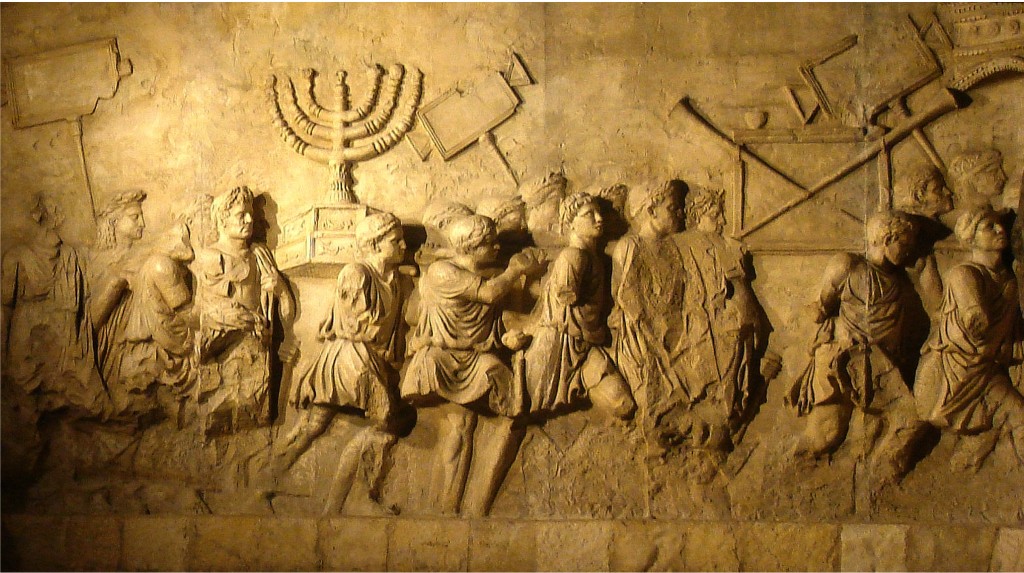http://nyti.ms/1fGDiJG I think that in the linked review Professor Kennedy gets Mockingbird/Watchman exactly right. In Mockingbird, Atticus Finch only arguably did the minimum required by the ethical standards of his profession, as he did nothing to challenge the racially biased manner in which the trial was conducted, which led to his client’s conviction. This does not deserve a medal. Apparently in that epoch it took a different quality of courage and character — which Atticus Finch lacked — to oppose institutional racism. To any conscientious lawyer, zealously representing your client ought to be a natural instinct. That is true regardless of the evidence of guilt or innocence — and Atticus was representing a client that through his own investigation he had discovered was innocent. Moreover, it is because of courageous lawyers who challenged institutional racism during the past decades that we have Supreme Court precedent that, for example, prohibits a prosecutor from manipulating the jury selection process to racially stack a jury in the government’s favor.
Arguably, Professor Kennedy is judging Atticus from our current more enlightened time and place. Nevertheless, it’s important that we critically consider our nation’s history absent the sentimentality that makes Atticus Finch a hero even to some who live in these more enlightened times. Racism and bigotry is the demon that has belied our purported national identity and ethos of equal rights and equal opportunity, and the process of purging that demon is the most compelling part of our history, I submit. And I submit that while many people yearn for a more sentimental picture of our country’s racist history — the most popular novels written by Americans are probably “Gone with the Wind” and “To Kill a Mockingbird”; I wonder why? — you don’t really get what America is, for better and for worse, unless you get behind that sentimental delusion. This is a type of novelistic truth that great fiction imparts.

